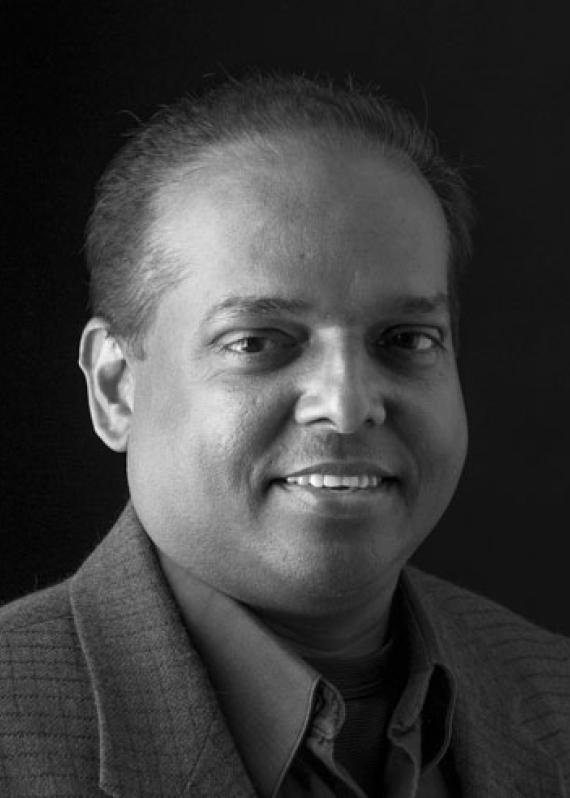Global Scholars Seminar

By introducing students to undergraduate research, providing them with opportunities to learn more about study and research abroad, and helping them think about ways they might integrate international into their post-graduate lives, the seminar serves as the foundation for the Global Scholars program.
2026 Seminar: Globalizing Local Culture: Issues around Managing World Heritage Mondays | 6:45-8:30 PM | 102 Nunemaker Hall
 Kapila Silva, PhD, is a Professor of Architecture, Associate Dean, and Chancellors Club Teaching Professor at the KU School of Architecture and Design. He has published several books on the management of World Heritage in the Asia-Pacific region and received many awards for his research and teaching excellence.
Kapila Silva, PhD, is a Professor of Architecture, Associate Dean, and Chancellors Club Teaching Professor at the KU School of Architecture and Design. He has published several books on the management of World Heritage in the Asia-Pacific region and received many awards for his research and teaching excellence.
Description
Since 1972, UNESCO has recognized exceptional natural and cultural sites around the world as having outstanding universal value that reflects the heritage of all humanity. The apparently innocuous idea of promoting the protection of cultural sites for posterity eventually grew to be a mammoth task involving conceptual convolutions and pragmatic dilemmas in the conservation and management of these heritage places. UNESCO developed, and still develops, a doctrine on heritage management that redefined the idea of heritage and its management around the world.
Globalizing local cultures brings up a range of theoretical and ethical questions, such as what heritage is and its use; the ownership of heritage (Could we really universalize a specific local culture? Who owns it, by the way?); Eurocentrism and coloniality of the concept of World Heritage; Contested heritages (erasure of places of pain and shame; visibility and invisibility of certain identities); authenticity of heritage, how to determine it, and by whom; classification of heritage and associated concerns; and the like.
Placing local culture on a global platform also creates practical issues. World Heritage draws tourists’ gaze that negatively impacts local life by leading to overcrowding, gentrification, commodification of culture, and imbalanced economics. Requiring a community not to change leads to the fossilization of the naturally dynamic and evolving nature of a local place and life. The climate crisis has also threatened certain fragile sites of nature and culture, requiring solutions to be more resilient.
This seminar explores a wide range of issues - theoretical and practical – that has plagued locations and communities around the world by being placed on a global platform, and it examines how UNESCO as well as local communities strive to maintain a balance between the pros and cons of managing World Heritage. We will examine the criteria and the process of recognizing a site as a World Heritage site, and participants will identify places that may be worthy of being recognized as World Heritage and make a case for such recognition. Participants will speculate on the issues that may arise at those places being designated as World Heritage sites and outline some strategies that may mitigate the negative impact of such concerns.
 Kapila Silva, PhD, is a Professor of Architecture, Associate Dean, and Chancellors Club Teaching Professor at the KU School of Architecture and Design. He has published several books on the management of World Heritage in the Asia-Pacific region and received many awards for his research and teaching excellence.
Kapila Silva, PhD, is a Professor of Architecture, Associate Dean, and Chancellors Club Teaching Professor at the KU School of Architecture and Design. He has published several books on the management of World Heritage in the Asia-Pacific region and received many awards for his research and teaching excellence.